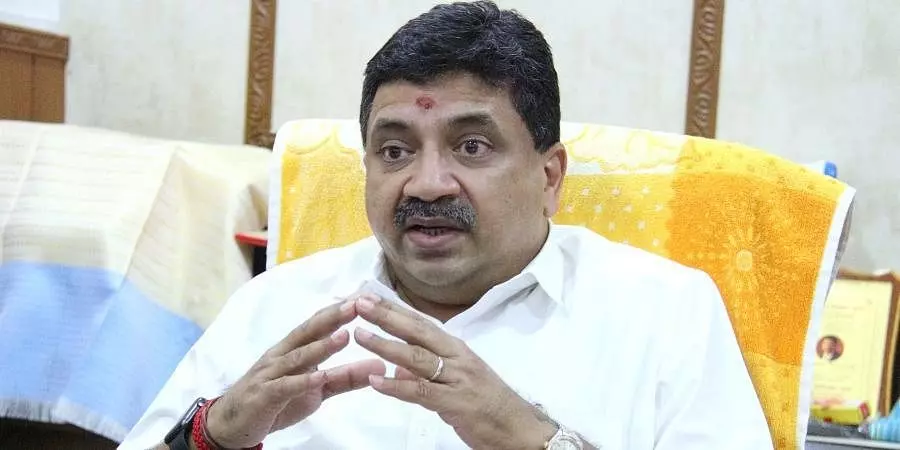
Why were electoral bonds against principles of democracy? PTR explains
DMK minister says electoral bonds gave cent percent transparency to one part of the system and zero to the public and the remaining 99 per cent of the system

The Supreme Court last month scrapped the electoral bonds scheme, declaring it unconstitutional, and directed the SBI to reveal the details of the buyers of such bonds and the beneficiaries. Even as the SBI complies with the court order, having revealed part of the information sought, the Election Commission on Sunday (March 17) revealed some fresh data on electoral bonds.
Reacting to the disclosure of information so far, DMK minister Palanivel Thiagarajan explained to a news channel what was inherently wrong with electoral bonds and why they went against the basic principles of democracy.
What democracy does
“If you don’t have a public property system, like what we call communism, that is all assets belong to the state…one of the profound problems is that you will have the winners take control of everything…which is a core problem of capitalism,” the Tami Nadu Minister for Information Technology and Digital Services told India Today.
“Democracy is supposed to be the way this is controlled. You have a state where each person has a vote, not based on money...and people elect governments that keep a level playing field and keep the interests of society above those of the rich who have the ability to buy influence. So, at the heart of democracy is a balancing function…That democratic function is best served when all of us can see who is giving to whom for what,” he explained.
The opacity of electoral bonds
“But the bonds had a profound flaw because they made [the flow of funds] opaque to the majority of the people about who was donating to whom. Both of these are the at the heart of ensuring that there is no quid pro quo. Therefore, the notion of anonymous donations in democracy is antithetical to very basic foundations of democracy. No other country in the world allows this,” he went on.
The former finance minister of Tamil Nadu pointed out that electoral bonds were not the only ways for parties to earn money. There were electoral trusts and direct donations too.
Raids and donations
On whether there were any connections between searches by central agencies and donations by means of electoral bonds, Thiagarajan said he had not studied the data himself but three patterns have emerged from initial analyses done by others, which he has read about.
“One, individuals who make a lot of contribution in a particular bond window subsequently get awarded major contracts or tenders from the Government of India. Two, individuals who got awarded contracts or tenders from the Government of India in the subsequent window of bond purchases have contributed a lot to the BJP. Three, individual who were raided or were under investigation ended up doing a lot of contribution after the investigation,” he narrated.
He added that all the data is in public domain and anybody can study and compare them. “What the data means, you have to interpret for yourself,” he said.
Notion of anonymity
On a question whether electoral bonds were a way to wipe out black money, he said “absolutely not” and that he saw no way the two could be related. The DMK minister added that the only thing electoral bonds do is give anonymity and that the “notion of anonymity is bad for democracy”.
But then, it is not totally anonymous — “it is anonymous to everyone except the ruling party,” he said, because those in the government can always access this information as there will be some record somewhere.
“Worse than opacity”
“So, you have worse than opacity; you have hundred percent transparency to one part of the system and zero to the broader public and the remaining 99 per cent of the system,” he said, adding that these features make electoral bonds “profoundly undemocratic and anti-constitutional”.
Regarding the Supreme Court order, he said it’s “better late than never” because a lot of damage has already been done and that electoral bonds should have been struck down right after they were introduced. “They were corrosive to the notion of democracy,” he signed off.

